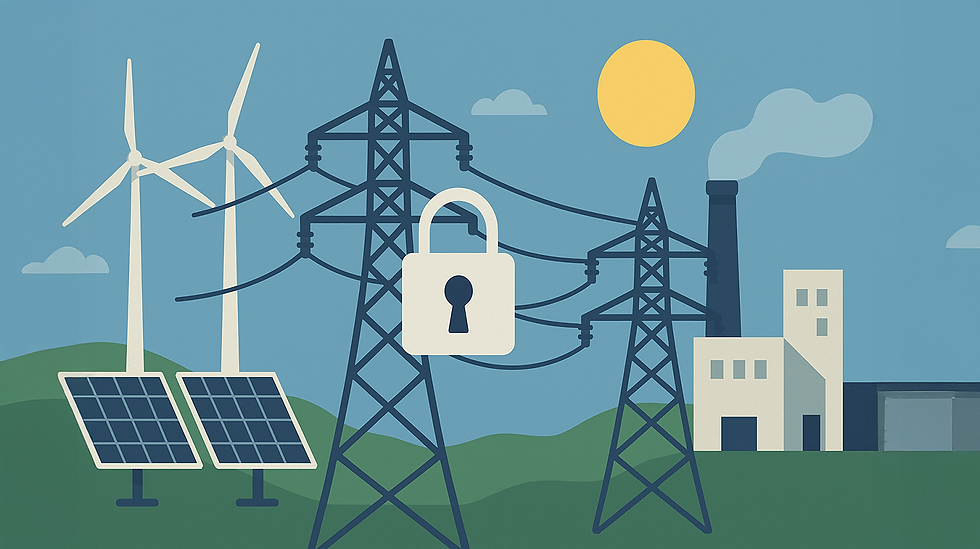Land-Based Sources: The Unseen Culprits of Marine Pollution
- Yaein Choi

- Dec 15, 2023
- 2 min read
Often, when we think of marine pollution, we imagine waste dumped directly into the oceans. However, a significant portion of this pollution originates on land. Surprisingly, it is estimated that up to 80% of marine pollution comes from land-based sources. This includes a variety of pollutants like plastics, chemicals, and urban and agricultural runoff, which find their way into the oceans through rivers, streams, and direct discharge.
One of the primary mechanisms through which land-based pollutants enter the ocean is runoff. Rainfall and irrigation practices wash pollutants from agricultural fields, urban landscapes, and industrial sites into rivers and streams. These water bodies then act as conduits, carrying everything from fertilizers and pesticides to heavy metals and oil residues into the seas. This type of pollution, known as non-point source pollution, is particularly insidious because it's diffuse and hard to pinpoint to a single source.
Plastics are another major land-based pollutant impacting the oceans. Every year, millions of tons of plastic waste are produced, much of which ends up in the marine environment. Items like plastic bags, bottles, and microbeads from personal care products are carried to the oceans through waterways and wind. Once in the ocean, they do not biodegrade; instead, they break down into smaller pieces, becoming a permanent part of the marine ecosystem and entering the food chain.
Chemical pollutants such as industrial discharge, untreated sewage, and heavy metals also contribute significantly to marine pollution. These chemicals can have devastating effects on marine life, causing everything from behavioral changes to reproductive failures and death. Additionally, these toxins can accumulate in the marine food chain, ultimately impacting human health through seafood consumption.
Tackling land-based marine pollution requires a concerted effort at multiple levels. Improved waste management and recycling practices can significantly reduce the amount of plastic and other solid waste entering the oceans. Similarly, better agricultural practices and stricter regulations on industrial discharges can minimize chemical and nutrient runoff. Public awareness and education are also crucial in changing behaviors that contribute to this issue




Comments